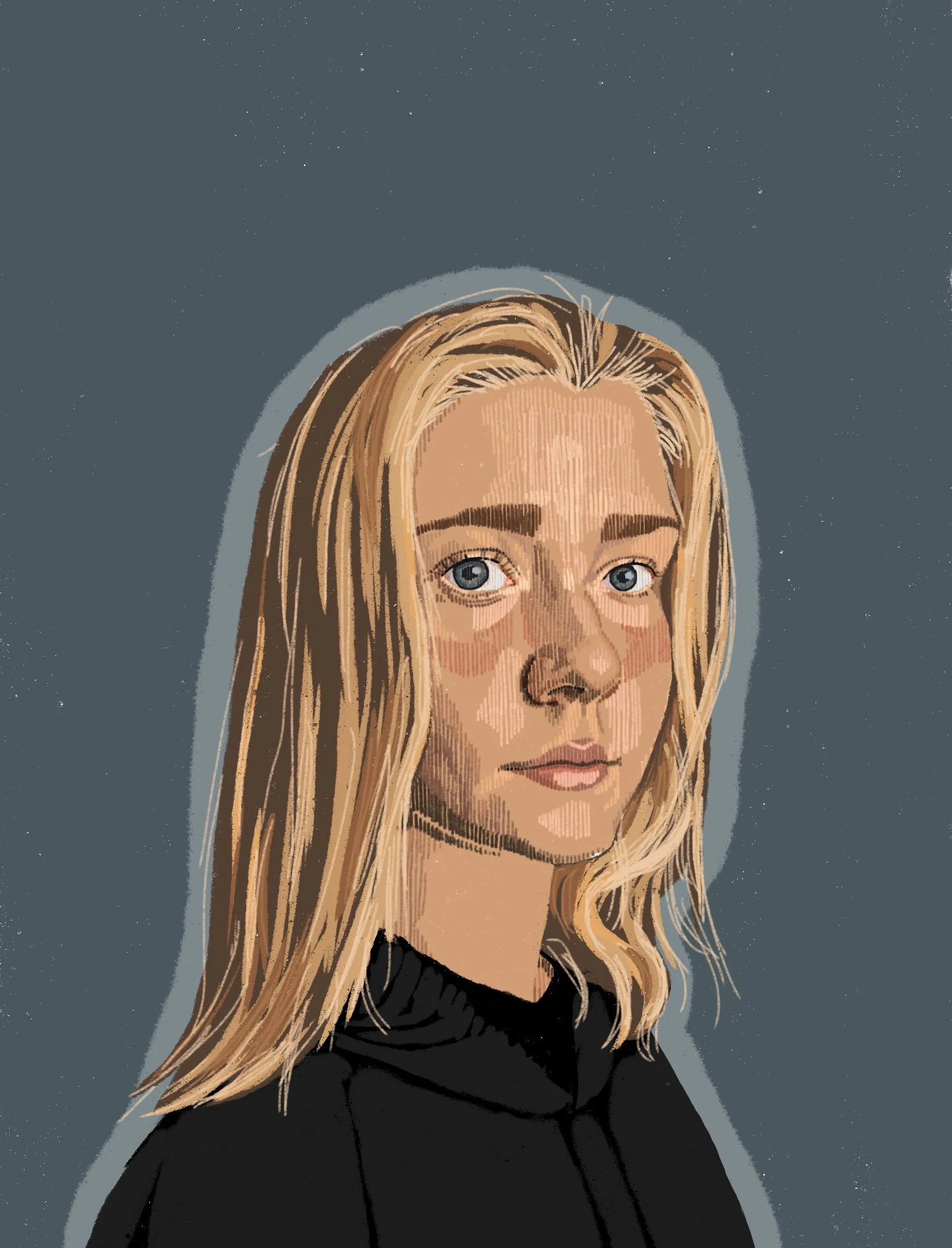Graphic Courtesy of Sofia Savid ‘24
By Helen Gloege ’23
Staff Writer
Iris Duquesne is an 18 year old climate activist from France. Duquesne first became aware of climate change during her late elementary school years, according to a podcast interview with The Guardian. She assumed that adults and those in power were doing something to combat the climate crisis, but when she looked into the issue she was underwhelmed by the amount of attention it was receiving. Duquesne said she wanted to “bring [her] opinion to the table and try to do something.”
According to an article from Le Parisien, Duquesne was drawn to climate activism when she joined “Heirs to our Oceans,” a youth-created and led initiative, after she and her family moved to California. Duquesne was also influenced by weather she experienced, including a heatwave when she was a baby and Storm Xynthia, which led to her “developed fear of rain” and “recurring nightmares of tsunamis and storms.”
According to Earthjustice, on Sept. 23, 2019, Duquesne, along with 15 other children, lodged a complaint against France, Germany, Argentina, Brazil and Turkey through the United Nations Convention on the Rights of the Child. Earthjustice and Hausfeld, a global law firm, are representing the children’s claim that their rights as children as held under the Convention were “violated by the failure of nations to seriously address the climate crisis.”
Prior to the UN Climate Change Conference, the group of 16 found out that the UN Committee refused to hear their case, according to Earthjustice. Additionally, Earthjustice wrote, the Committee claimed that the petitioners must go to the individual countries in question and make their case within their own courts. The climate organization also reported that the Committee agreed each country has an individual responsibility to reduce their emissions, and that “the youth are victims of foreseeable threats” caused by climate change, despite their refusal to hear the children’s case. In Earthjustice’s response statement, Duquesne said, “We are all very disappointed but unfortunately not surprised.” In an interview with The Guardian, Duquesne pointed to the role of smaller communities in the fight against climate change and urged people to create a “culture of protecting the environment within your communities.”

